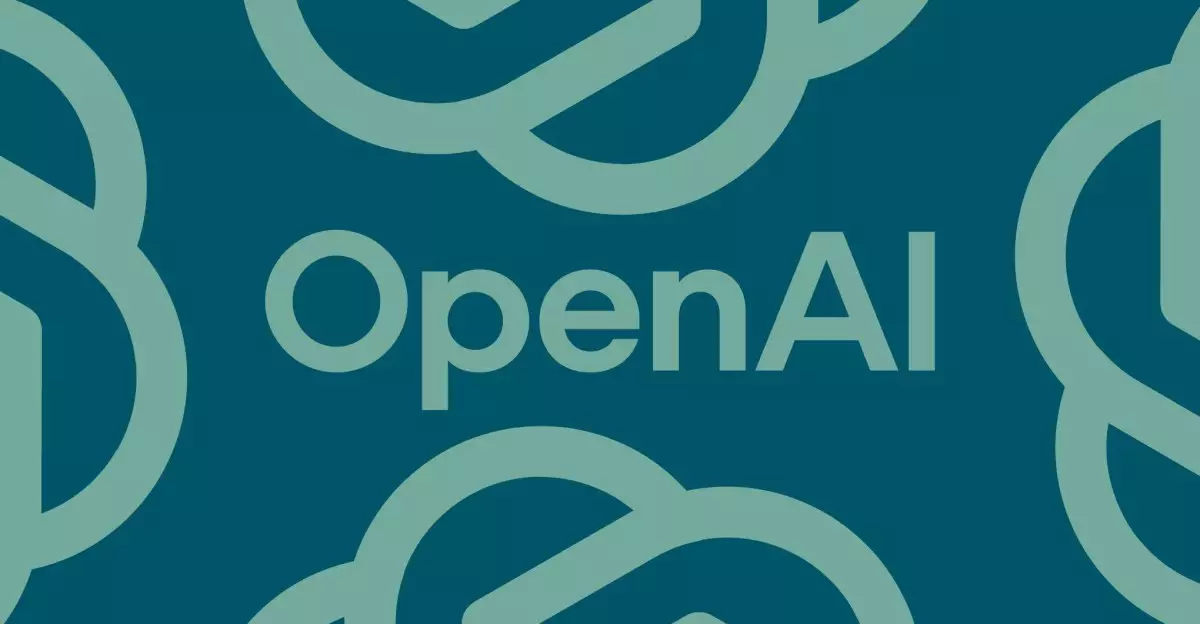In the rapidly evolving world of artificial intelligence, the ongoing conflict between Elon Musk and OpenAI illustrates the intense rivalries shaping the future of technology. Musk, a prominent figure in the tech industry and one of the original founders of OpenAI, has transformed from a visionary advocate for responsible AI development to a vocal adversary of the very organization he helped establish. The transformation raises critical questions about intellectual property, ethics, and the role of personal ambition in the rapidly advancing AI sector.
The Legal Battlefield
Recently, OpenAI launched a countersuit against Musk, claiming that his relentless actions against the organization are nothing short of bad-faith tactics intended to sabotage its progress. Musk’s initial legal action against OpenAI sought to redirect its mission toward developing artificial general intelligence (AGI) for the benefit of humanity—not profit. OpenAI’s response is particularly striking in its accusation that Musk’s fake takeover bid was a disruptive strategy designed to undermine not just the company, but the potential for AI innovations that could benefit society as a whole.
This legal drama doesn’t just showcase the friction between individuals but also hints at larger ideological battles within the tech community. Are tech pioneers like Musk capable of maintaining ethical frameworks when personal stakes are involved? Or do they let ambition drown their foundational values? OpenAI’s legal rebuttal claims that Musk’s actions endanger the overarching goal of AI development, raising the stakes significantly as they prepare for a trial set for 2026.
A Question of Motives
The more we analyze this feud, the clearer it becomes that motives matter. Musk frames his criticisms around a vision for AI that prioritizes humanity’s welfare over profit—a noble stance that resonates with many in the tech world. However, his methodology and the timing of his lawsuits suggest a deeper, perhaps self-serving desire to reclaim control over the narrative and direction of AI development.
Critics, including Nilay Patel of The Verge, have labeled Musk’s legal strategies as “hilariously bad,” which adds a layer of irony to the conversation. Musk’s attempts to regain influence within OpenAI reveal that even the most successful tech magnates are not immune to miscalculation when ego enters the fray. This paints a picture of an industry in which ethical imperatives are often sacrificed at the altar of individual ambition.
The Broader Implications for AI Development
Beyond the personal drama between Musk and OpenAI lies a critical conversation about the ethical framework governing the development of AI. If titans like Musk can be drawn into legal battles fueled by ambition rather than ethical considerations, what does that mean for regulatory frameworks?
As AI technology continues to innovate at an unprecedented pace, the need for robust ethical standards and clear boundaries becomes essential. Organizations like OpenAI not only strive to lead in technological advancements but also to serve as moral compasses in the face of ambition-driven chaos. It’s a precarious line to walk, but the ramifications of failing to do so could prove detrimental to the future of AI and, ultimately, society at large.
By taking a closer look at this unfolding drama, we recognize that the Musk-OpenAI saga is not merely a legal clash but a microcosm reflecting the larger battles facing the tech world today—battles over ethics, control, and the true purpose of AI development.

